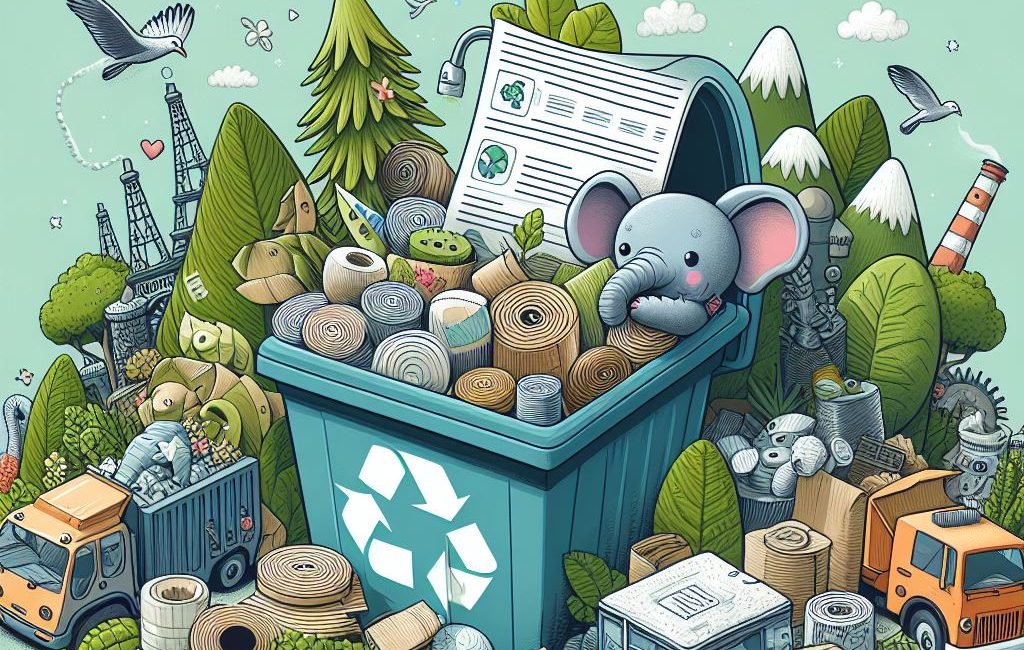In a recent study, researchers from Turkey highlight the critical importance of waste paper recycling in safeguarding biodiversity. The process of reprocessing waste paper directly affects the environment by reducing the necessity for further deforestation, thus preserving natural habitats crucial for diverse ecosystems.
However, challenges arise with the recycling of waste paper, particularly concerning contaminants present in imported shipments. Notably, waste paper exports from Canada to India frequently contain non-paper materials such as plastic, metal, textiles, and glass, exceeding permissible limits. With Indian paper mills receiving approximately 20,000 tonnes of imported waste paper monthly, the issue becomes pressing.
Significantly, some Canadian exports surpass the two percent contamination threshold set by Indian regulations. To tackle this concern, there is a call for paper suppliers to thoroughly clean and segregate plastic waste before exportation. Yet, challenges persist in India regarding the proper disposal and segregation of plastic waste.
Environment and Climate Change Canada acknowledges the presence of non-paper materials in mixed residential paper exports. Emphasizing the importance of adherence to regulations, the department urges for cleaner waste paper exports to mitigate environmental impacts.
Canada’s role as a major exporter of recyclable paper to India underscores the necessity for responsible recycling practices. It is imperative to continue working towards sustainable solutions that benefit both the environment and biodiversity. With concerted efforts and adherence to regulations, we can mitigate the adverse effects of waste paper exports on global biodiversity and contribute to a healthier planet for future generations.

